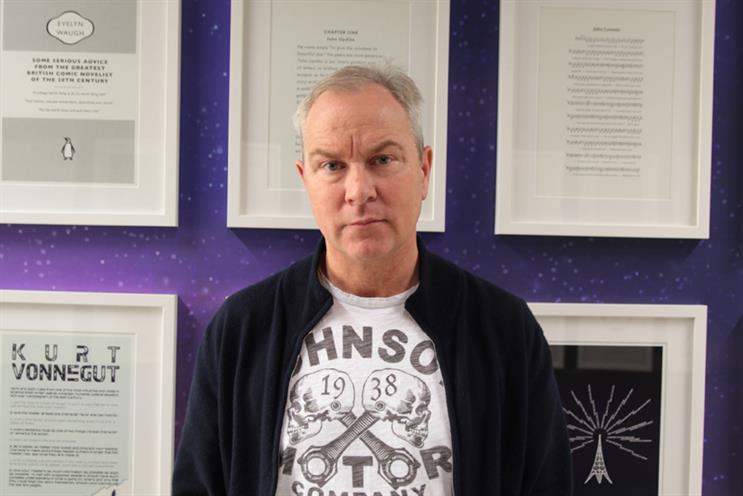Nick Emery on Mindshare at 20: Media agencies need punk spirit, not navel-gazing
"The reason why every Mindshare show-reel has a Clash soundtrack—and everyone groans—is that I think there’s a punk, rebellious spirit that people need to harness and foster."
by Gideon Spanier

Please sign in below or access limited articles a month after free, fast registration.
If you don’t yet have an account, you can register for free to unlock additional content. For full access to everything we offer, view our subscription plans.
Sign In
Trouble signing in?
Register for free
✓ Access limited free articles each month
✓ Email bulletins – top industry news and insights delivered straight to your inbox
Subscribe
✓ Unlimited access to all Campaign Asia content
✓ Real-world campaign case studies and career insights
✓ Exclusive reports, industry news, and annual features
